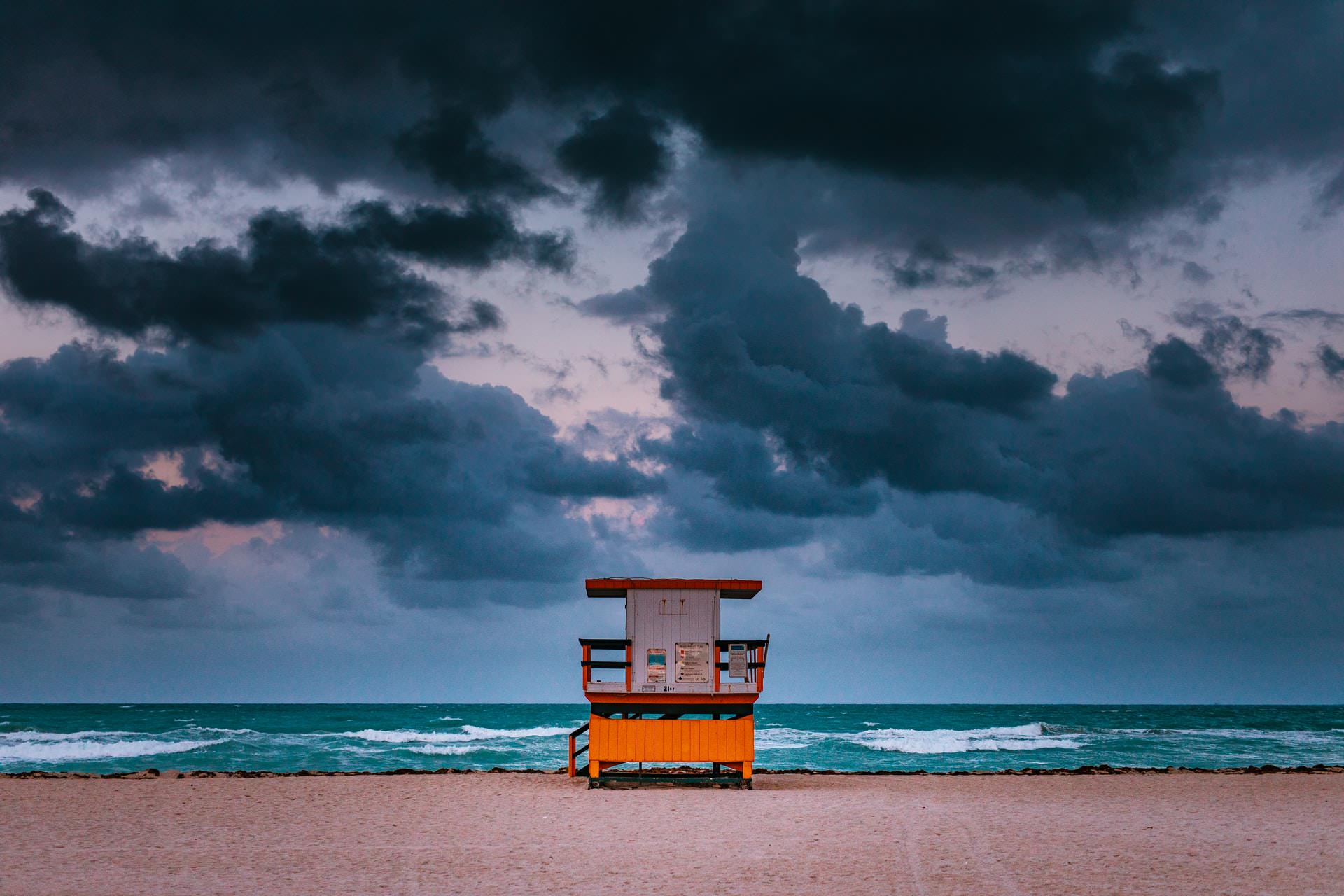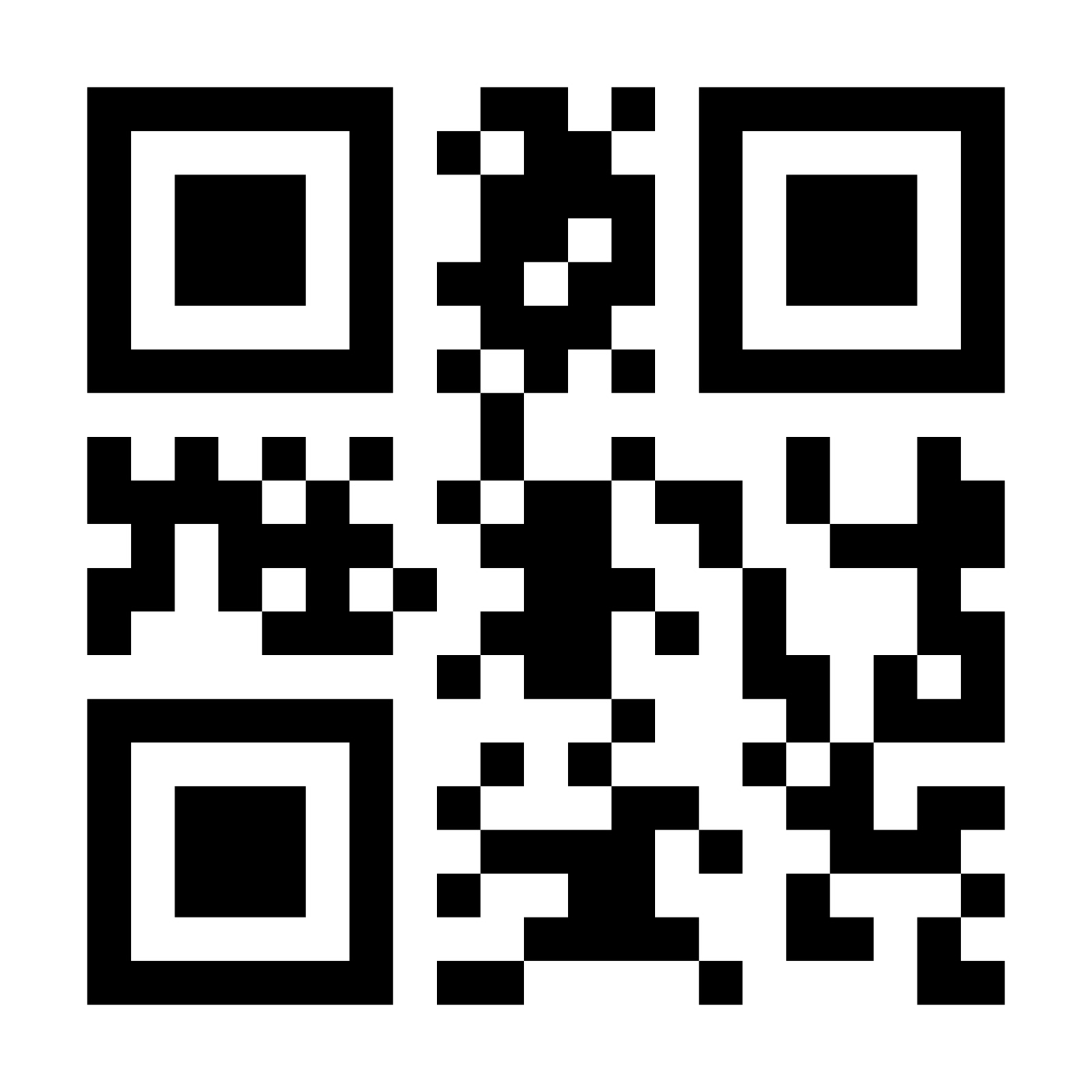Unlike some of the more recent, uneventful years, 2016 has turned out to be quite an active year for storms, depressions, and hurricanes during the Atlantic Hurricane Season. The most recent storm system, Hurricane Matthew has recently fizzled out but has left hundreds dead in its path and billions of dollars in damage. The worst part is, hurricane season is NOT over!
After ravaging the Caribbean and devastating coastal cities along the U.S. east coast from Florida on up to New York, many property owners, landlords, condo´s and property managers have been left with plenty of damage to deal with. In South Florida and other coastal cities, a hurricane checklist for property managers it’s absolutely crucial so that their clients’ residents and their property stay safe. Hurricane season for South Florida does not end until November 30th. Until then, we must stay vigilant. Below are the four main points that should be included in the hurricane checklist for property managers when preparing for a storm:
1. Gather Information
- Touch base with your properties’ insurance companies and review the policies with your clients. Be sure everyone understands what will be covered in case any property damage occurs and use that information to implement plans and act accordingly. Have the insurance phone number and policy number handy.
- Know the latest updates about the trajectory, category and advisories of the storm.
- Locate hurricane shelters in your area and be sure to include this in community communications.
- Find out about local road closures, evacuation orders, and evacuation routes. This is also imperative information to pass on to your staff, clients, and residents.
- Take inventory of your property before the storm hits; take pictures or video to have a record of what the property was like before the storm. Minor damages may be harder to claim without documentation.
- Train your staff to know how to deal with hurricanes and assign clear roles and a chain of command. Lay out a plan. The hurricane checklist for property managers is for them too. Whoever remains on the premises when the storm hits should be thoroughly prepared.
- Test out any back-up generators for your property and make sure they are in good working condition prior to the storm.
- Collect emergency response numbers, the numbers to key vendors, your contacts at the association and any other numbers you will need in the event of an emergency and keep them easily accessible to all of your staff including the front desk and security.
2. Communicate with the Property Residents
Hurricane or no hurricane, you should already have a rock solid communication system in place. If you don’t, you will definitely need it in the event of a major disaster or storm. A hurricane checklist for property managers should include communication of the following to your property’s residents via text, email, community message board or direct mail:
- Hurricane updates including status of the storm, trajectory, and advisories.
- Evacuation routes, pre-storm plans and storm procedures.
- Locations contact info and hours of local shelters and any info on hotel bookings.
- Emergency response numbers and contact information.
- A list of essentials they should stock up on and how to storm-ready their units.
- Advise the residents to fill up their bathtubs with water in case water supply becomes interrupted or contaminated during or after the storm.
- Advise tenants/residents to bring all pets indoors.
- If there are no evacuation orders, advise tenants to stay in central rooms, preferably rooms with no windows, and rooms that are downwind of the storm. They should change locations based on wind changes, if at all possible.
- Send out info on where to obtain sandbags if flooding is a concern.
3. Protect the Property
- Before the storm hits, do some landscaping; the more trimmed down shrubs and trees are, the more stable they are and the less potential debris there is when winds start picking up.
- Collect and secure any loose things like outdoor furniture, benches, building materials and dumpsters – with high winds, this can all turn to dangerous debris and hazards, easily breaking windows, hitting cars or bystanders.
- If there is imminent flooding, shut off the gas and electric to the building.
- Clear out downspouts and rain/storm gutters to allow waters to drain as much as possible.
- Cover windows with plywood or storm shutters.
- Shut down elevators for the duration of the storm.
- Shut off propane tanks and/or main gas valve.
- Make sure any fleet vehicles are fully gassed up and are in a safe, elevated place, secure from flooding or debris.
- In low-lying areas, sandbagging might help with keeping water out.
- Keep swimming pools filled at 12 inches below the edge; turn off the electricity, cover the filter pump and add extra chlorine.
4. Stock Up
A hurricane checklist for property managers it’s not complete if you, your staff, your clients and the residents don’t stock up on the following items before the hurricane:
- At least a 3-day supply of water; one gallon per person per day is ideal.
- 3-day supply of non-perishable, easy-to-prepare food that won’t require electricity.
- Flashlight and extra batteries.
- First Aid Kit.
- Multi-purpose tools.
- Extra cash.
- Emergency blankets.
- Map(s) of the area.
- Cell phone with chargers.
- Family and emergency contact information.
- 7 day supply of medical items and toiletries.
- Copies of personal documentation such as passports, social security cards, birth certificates, insurance policies, medication list and pertinent medical information, proof of address, or the deed/lease to home.
- Rain Gear.
- Pet supplies ( carrier, ID, leash, food, bowl, ID, medication).
- Tools/supplies for securing your home.
- Extra sets of car and house keys.
- Baby supplies (bottles, formula, baby food, diapers).







